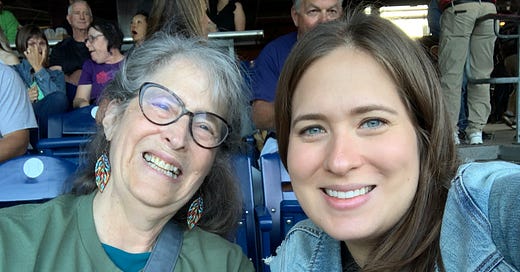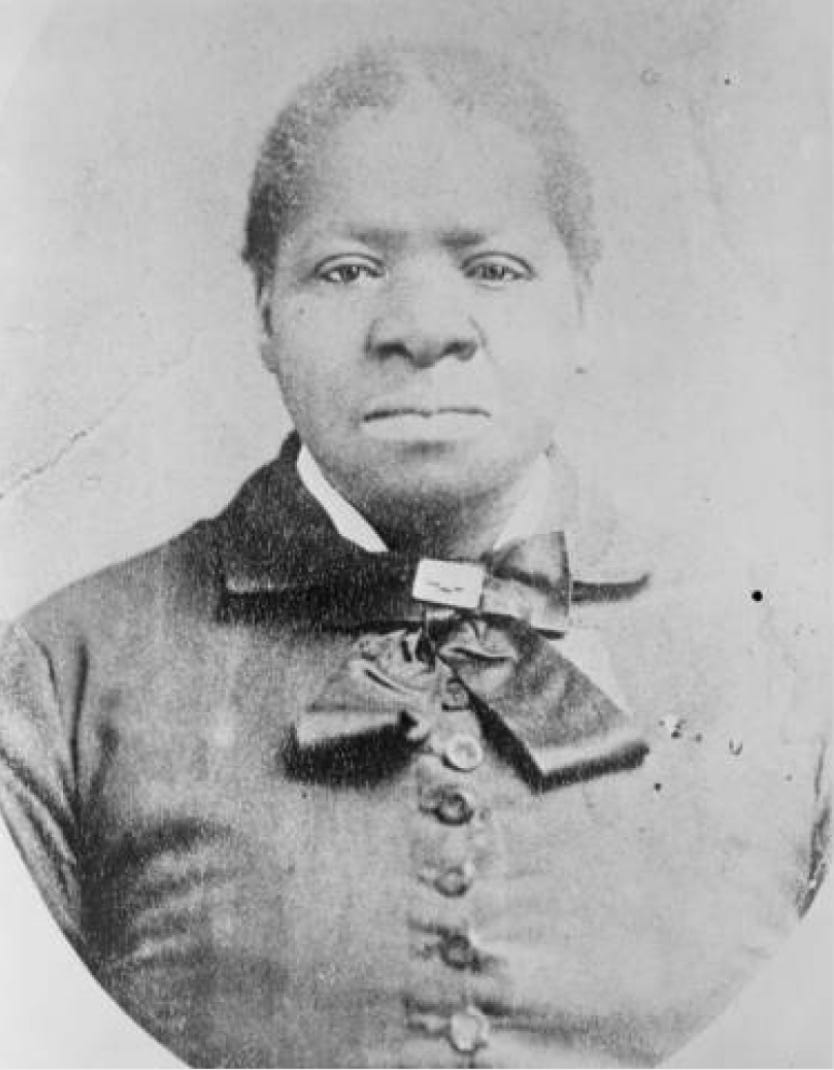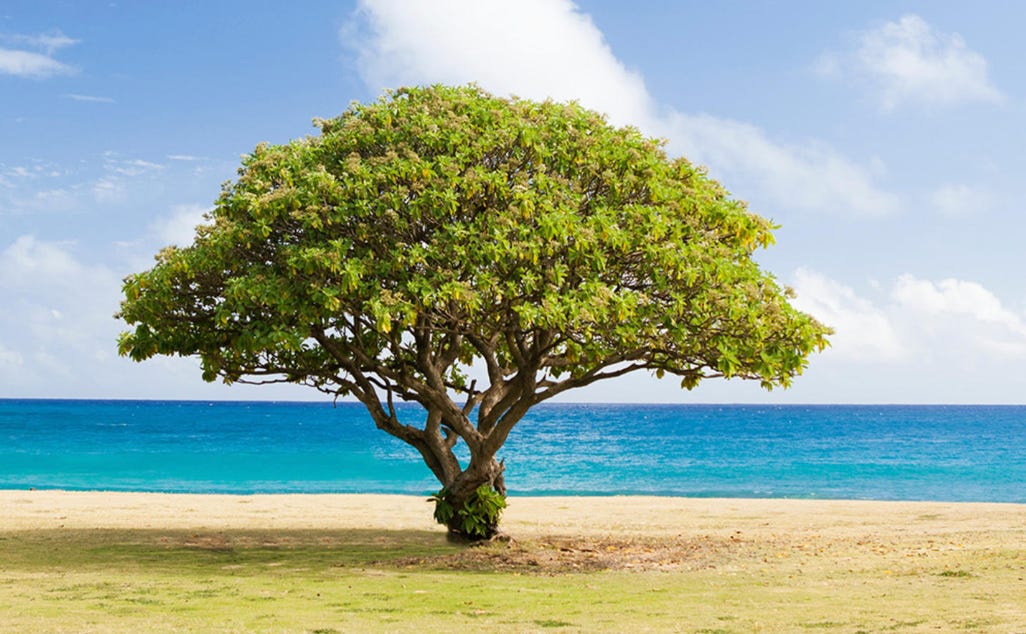Every morning we wake thinking of those lost—lost to their family’s arms, lost to this world. This lull full of tension and prayer is almost harder than the bombs or released bodies and funerals. Too much war. Too much destruction. An American government seemingly set to destroy everything beautiful in the country before its tenure is over. And within the great acts of kindness and beauty.
If only the world was as Amy Small-Mckinney devises:
The story is this: We give our children what we need— a door locked against disaster.
If only it was that easy… Still, how remarkable to find in the midst of this difficult world a poetry that is timeless in its loveliness as well as in its prayer, poems of unrest, of protest: for women’s safety as well as for the environment. From deep in the sea to the birds of the sky; I felt like I was on a birding trip in soulfulness in these poems.
And we are luckier still that many of these poems appear in Amy’s newest collection, due out from Glass Lyre Press on March 24th!
I Would Walk On My Knees For Her
Saturn’s rings are raining into its interior.
For now, they float, suspend, some
as specks, some massive as my city’s new buildings.
But they will disappear, in a hundred million years,
gone & when a child looks up, she’ll learn a new planet’s name.
~
How can anyone know?
I am asking, here on my knees,
crawling toward a light I barely see.
Let’s not be stupid, not that light.
A Bloodroot opens with the sun.
~
The story is this:
We give our children what we need—
a door locked against disaster.
~
This woman I raised.
No one will harm her, no one she loves will leave.
I have decided.
Even salt-water invading ancient gum trees is not assassin, rather
she-who-waits for her oceans to cool.
The black trees will flourish, in spite.
Saturn, with its rings’ remnants of moons, remains brightest in July.
Everything will right again.
~
Daughter, I walk to the store for broccoli, hold its flowery head
as though a newborn, name it, steam & salt it for you.
This is how to say, here is the world, love it: a soup pan filled with milky via lactea,
an eggshell worn-out but edible, the orange flowers opening like unexpected suitcases & that, & that, & not one moment unnecessary. Trying Not to Love You Yet The unnamed inside my daughter according to Jewish law, until born, is not a person, not nefesh—a soul— until it emerges into the air of this world and becomes both common and miraculous. For that I am grateful—were she faced with the darkest of choices. Still, I imagine it holding its small suitcase at a bare train station waiting to come home to her, waiting for the train’s approaching light.
It Is Enough I thought I stopped believing a long time ago. Told myself there is no One. Only disasters like wars or floods and heartbreak. But my damaged heart refuses to listen, still drums away, a Ruffed Grouse’s deep thumping, its wings sailing toward hope’s sound. Maybe I was wrong. Maybe there are miracles, ones I barely recognize like this stubborn heart. Like the orchid someone left at my doorstep weeks after sitting my plague-lonely shiva. How it keeps reblooming. And how today I found a fig bush in a forgotten garden.
Parts of Prayer I want a bird’s song that never stops though poor thing will be tired. Exhausting to ask, give me strength, over and over. Exhausting too to be the listener, she, we hope knows all. And then the hovering Cooper’s Hawk, always another part of prayer. What I want is to be is the bird that flew into my window because it dared and lived, and then the listener receiving the bird’s muffled hallelujah. My whole body, prayer, all of it, even the roaring arrogance of the hawk. My whole body, a parted sea where, finally, a swallow flies for safety. The body singing the Shema because exhaustion and anger and hope must all be birdsongs. Even the complication of the eternal hawk singing and praying along.
For The Women I Will Never Meet How does the world swim so alone each of us each woman’s memories watery and sharp all at once I am a visitor learn Ballard locks replaced rapids for boats to move between Salmon Bay to Lake Union permitting salmon to swim the staircase return for spawning It is not salmon but my own body leaping into falling water I know these streets mean nothing to me search for familiar houses there can be none not here as though someone I love waits as though in this gathering metropolis even Bilhah & Zilpah matriarchs almost left out yes they were enslaved even they I know I am not that woman picking up a gun for the first time a teacher defending Odesa near the neighborhood where my grandmother lived until forced to leave for America where she learned the polite language of pearls Not that woman who used contraception in the likelihood of rape while crossing the Southern border in search of safety Not that girl in Uttar Pradesh raped eyes gouged tongue cut out Not those matriarchs who bore the future or am I / are we I am swimming to some country or town I have never been but know toward ancestor or memory or flower or shipwreck I swear you swim beside me survivors grandmothers mothers strangers
My Body Speaks To The Women It Has Carried
What was taught by mother / father / world / the self’s division /
two women inside of me /
one refusing / one longing
to know me / scuffling for room and recognition.
What happened when our daughter was born—
miracle of monsoon and ooze.
Briefly, the women inside loved one another.
Oh, memory’s long story / a psalm
rubbing against rape & unsafe abortion /
stirrups damage loss / shut down again /
the women inside mute, exhausted. Stalled.
Now, at seventy, this body, an underwater cave
created from loss’s erosion.
Home to balloonfish, angelfish, green turtles
that can hold their breath for seven hours.
Say it simply: the wonder
of being alive.
Say it simply: Why now?
We were resigned to nothing / nothing / no one.
Then like ancient animals carved on cave walls
the women held each other, fused into one woman:
You learned to love me, yourself, what time remains.Shuvu / Returning to the Mothers With lines from Nelly Sachs & Alicia Ostriker 1. I don’t remember when it began, drifting away from family and faith, self-separated from self. This confusing world, its breach between speech and deeds, what was heard and what was seen, or almost seen, where I belonged. Lost until 2. Nelly Sachs wrote: But maybe in a smokecloud of error / we have / created a wandering cosmos / with the language of our breath 3. For breath beyond self and for the self, I wandered to Poland, found a cousin’s home, but not Manacha rotting inside a bone-filled ditch. I am told my great-grandmother was tall. 4. Alicia Ostriker wrote: She has many names and she is everywhere / You can also find her easily / Inside yourself I was old and told I could not carry her. And I named my daughter Sarah. 5. Sarah studied Torah. 6. While I still argued with G-d. Still, I named myself: Ami / my people / Rafaela/ God had healed. Did I have the right? 7. Reader, do you remember Achrei Mot? I wanted more for that goat made to lug our transgressions, more from touch between being and being. I was once gullible, off course, lived too close to a cliff. Rabbi said: Amy, this is your prayer. 8. In the middle of last night / it was last night By a seawall without entrance or exit The tree of life the etz chaim called to me I could not reach her Could not reach water or call Thought this was my forever Until a tall woman her hair in a bun Walked beside me then sat by a fire We built together without matches Spoke in a language I knew and finally understood / This, the poem
The Enemy Is Fear. We think it is hate; but it is fear. — Gandhi 1. I have become a locked window or yellow leaves falling. We humans are not leaves. We are dendrites misfiring, axonal damage, disconnections, gravis between nerve and muscle, disquiet, then attack. 2. Purple plants shock from brick walls. Because I can’t forget I move inside my body, a black umbrella. 3. Who told me this story? A murdered body, an adjacent apartment. We come and go like cut-out moons. Pay attention: 4. He followed me. Was that a gun? I still cross a street when fast shoes move behind me. Don’t believe you when you say, “I don’t understand.” In case you are wondering, I dream bullets, bodies dropping like rough rain. Between a stimulus and response there is a space. In that space is our power to choose our response… The last of human freedoms is to choose one’s attitude in any given set of circumstances. —Viktor Frankl 5. I need to become one body that means both fear and faith. That space, unlocked. Splinter of grace. Let me walk with you. Invite in fear. Place it beside belief. Cross a street toward the man with earbuds, the woman shouting, the dog that sounds like a hoot owl. Broadleaf weeds and flowers will pour onto the sidewalk, sign their names for us: lilies, azaleas, dandelion, an unknown species we’ll walk toward—
Amy Small-McKinney is a Montgomery County PA Poet Laureate Emeritus, selected by poet, Chris Bursk. Small-McKinney is the author of three full-length books. Her third book & You Think It Ends (Glass Lyre Press) is due to be released March 24, 2025. Her second full-length book, Walking Toward Cranes (Glass Lyre Press) won the Kithara Book Prize, 2016. Her most recent chapbook, One Day I Am A Field, was written during COVID and her husband’s death (Glass Lyre Press, 2022). For the 2020 virtual AWP, she co-moderated an interactive discussion, Writing Through Grief & Loss: The Intersection of Social and Personal Grief During COVID. Her poem “Birthplace” received Special Merits recognition by The Comstock Review for their 2019 Muriel Craft Bailey Poetry Contest, judged by poet, David Kirby, and again, in 2021 for her poem, “Bench, Ducks, & Inn,” judged by poet, Juan Felipe Herrera. Her poems have appeared in numerous journals, including American Poetry Review, Banyan Review, The Cortland Review, Comstock Review, Connotation Press, Inflectionist Review, Ilanot Review, Minyan Magazine, One Art, Pedestal Magazine, Persimmon Tree, Tiferet, SWWIM, Vox Populi, Verse Daily, and Tahoma Review, among others. Small-McKinney has contributed to many anthologies, for example, Rumors, Secrets, & Lies: Poems about Pregnancy, Abortion, & Choice (Anhinga Press, 2022) and 101 Jewish Poems for the Third Millennium, Edited by Matthew E. Silverman and Nancy Naomi Carlson (Ashland Poetry Press). Her poems have also been translated into Korean (Cross-Communications Press) and Romanian (Olimpia Iacob). Her book reviews have appeared in journals, such as Prairie Schooner and Matter. Small-McKinney has been nominated five times for a Pushcart Prize, including this year’s nomination for a poem in the Tahoma Literary Review. She has a degree in Clinical Neuropsychology from Drexel University and an MFA in Poetry from Drew University. Small-McKinney resides in Philadelphia, where she has taught community poetry workshops, both privately and as part of conferences, as well as independent students.

Delights!
Five Tiny Delights:
1. Hugging my daughter & son-in-law
2. Holding hands with my partner, Bob
3. Reading my newspaper on Sunday morning
4. Drinking Earl Grey Tea midafternoon
5. A long hot shower
Five Tiny Jewish Delights:
1. Making, from scratch, knishes with Bob
2. Making from scratch, blintzes with Bob
3. Discovering the Jewish artist, Sonia (Shtern) Delaunay at an exhibit of Orphism art.
4. In my own home, having the Yizkor book of my grandfather's town, Ciechanowiec, Poland
5. Putting on my Star of David














Thank you. Such beautiful, meaningful poems.
My younger daughter is pregnant. I now imagine a little traveler within her, with his soul suitcase, waiting to come out and greet us all.
"Still, I imagine it holding its small suitcase
at a bare train station waiting
to come home to her,
waiting for the train’s approaching light."